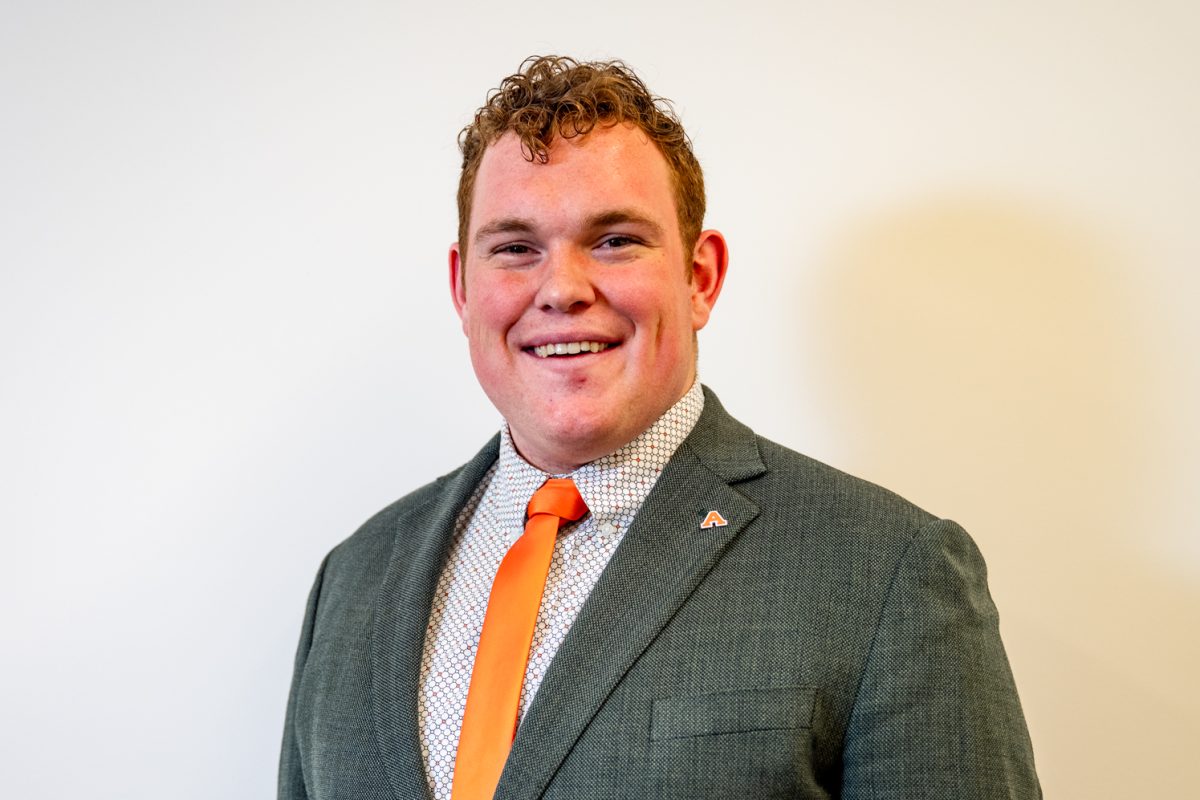In a controversial comment, Boulder and Larimer County Congressman Jared Polis suggested colleges should lower the standard of evidence required to expel students who have been accused of sexual assault.
“If there are 10 people who have been accused, and under a reasonable likelihood standard maybe one or two did it, it seems better to get rid of all 10 people,” Polis said.
The comment was made during a Sept. 10 congressional subcommittee meeting on preventing sexual assault on campuses.
His comment received some applause from the audience. Polis justified the extremity of his words by adding that collegiate justice systems are different than the criminal justice system, according to a Denver Post article.
“We’re not talking about depriving them of life or liberty, we’re talking about them being transferred to another university, for crying out loud,” Polis said.
Despite initial support from audience members, Polis received backlash from critics. In response, the congressman released an explanatory essay Tuesday, calling his commentary a “major gaffe.”
The essay issued an apology for speaking too hastily: “I went too far by implying that I support expelling innocent students from college campuses, which is something neither I nor other advocates of justice for survivors of sexual assault support. That is not what I meant to say and I apologize for my poor choice of words.”
However, Polis went on to say that the flaws in the criminal justice system place responsibility on universities to protect their students.
“…our criminal justice system moves slowly,” Polis wrote. “Campus assault cases are designed to move efficiently so that survivors, as a basic matter of campus safety and to prevent additional trauma, don’t have to cross paths with their assailant on campus for an extended period of time.”
According to Colorado State University’s Women and Gender Advocacy Center, less than 2 percent of reported sexual assaults are false. In addition, the WGAC claims that the traumatic nature of reporting a sexual assault would lead most people away from falsely reporting as a form of revenge.
Polis said in his essay it is important that schools not “wash their hands” of sexual assault claims by simply passing them on to the legal system.
“…we should be working together toward the same goal: college campuses where survivors feel empowered to come forward and where administrators have the resources they need to handle these cases promptly, fairly and equitably,” Polis wrote.
Collegian Reporter Rachel Musselmann can be reached online at news@collegain.com or on Twitter @rmusselmann.




